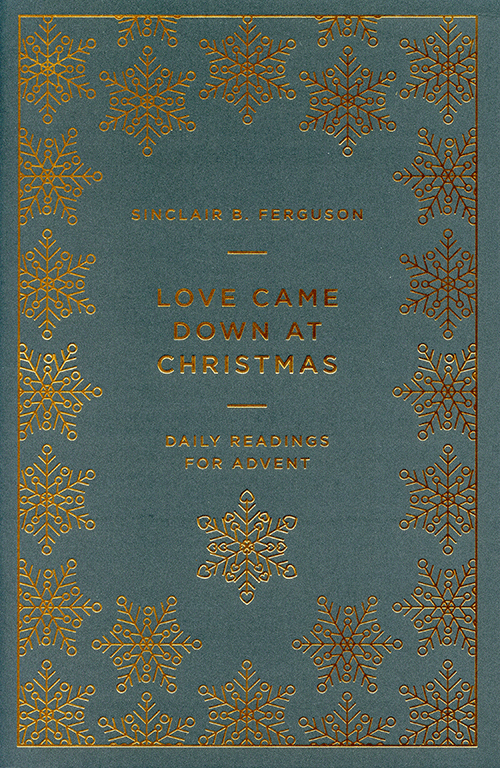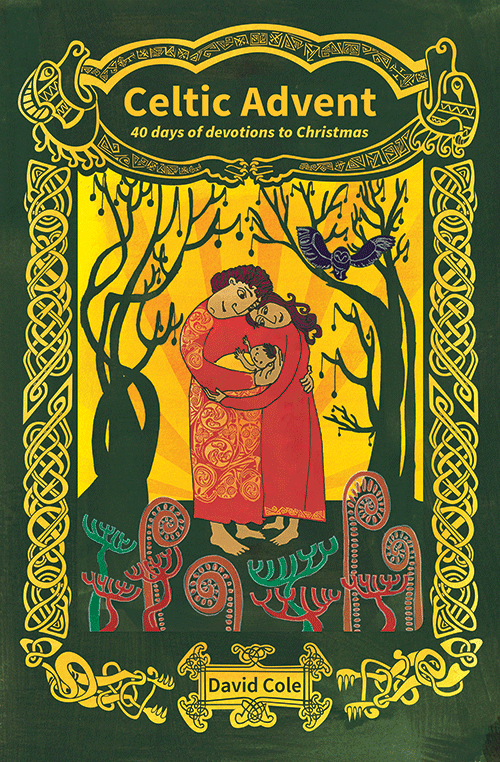
Christians hold a variety of beliefs, and they express them in different ways, writes Amy Boucher Pye. Some emphasise the Bible; some are drawn to mystery; some focus on experience; others cling to Jesus; still others major on the Holy Spirit. What should be a gift of multi-layered expression and emphasis, however, can turn divisive.
In the spirit of fostering unity, this Advent I recommend two contrasting books. You might gravitate towards one more than the other. If that’s so, why not try the one outside of your comfort zone? As I found with my MA in Christian spirituality, reading authors from outside of our usual preferences can add richness and depth to our faith. And doing so doesn’t have to water down our beliefs either.
The first is Love Came Down at Christmas, titled after the poem of the same name by Christina Rossetti. The author leads us through a detailed look at the love passage in 1 Corinthians 13.
Perhaps we know that text so well that we’ve lost touch with what it really means – the sacrificial love embodied by Jesus as he came to live and die for us. This Advent book moves through the passage phrase by phrase, exploring how love is patient, love is kind, and so on, digging into how we can learn to love as Jesus loves.
The author is an august theologian, and I especially appreciated learning new things about the Bible, such as that in 1 Corinthians 13:4, “love is kind,” is the first time that the Greek verb was used in any written work that still exists.
 A contrasting Advent book is Celtic Advent, based on Celtic saints and prayers. I hadn’t known that Celtic Advent starts on 15 November, for Celtic Christians referred to Advent as the “lesser Lent” and thus wanted Advent to be 40 days long. They traditionally used this time of preparation to focus on three comings of Christ: first, the incarnation, Jesus being born as a baby; second, the coming of Christ into our own lives, through his dwelling within us; and third, the return of Christ as outlined in the book of Revelation.
A contrasting Advent book is Celtic Advent, based on Celtic saints and prayers. I hadn’t known that Celtic Advent starts on 15 November, for Celtic Christians referred to Advent as the “lesser Lent” and thus wanted Advent to be 40 days long. They traditionally used this time of preparation to focus on three comings of Christ: first, the incarnation, Jesus being born as a baby; second, the coming of Christ into our own lives, through his dwelling within us; and third, the return of Christ as outlined in the book of Revelation.
I found much that engaged me, but I wondered if some of its outlining of the Celtic saints’ visions and more mystical experiences would be too much for some readers. Although each day includes a reading from the Bible, the focus is more on the Celtic contribution than on the Bible.
It’s not an Advent book I would use each year, but I enjoyed learning more about Celtic Christianity and especially appreciated the emphasis on Christ transforming us through his dwelling within us.
During this often too-busy season, may you know the wonder of Jesus born into your life.






























